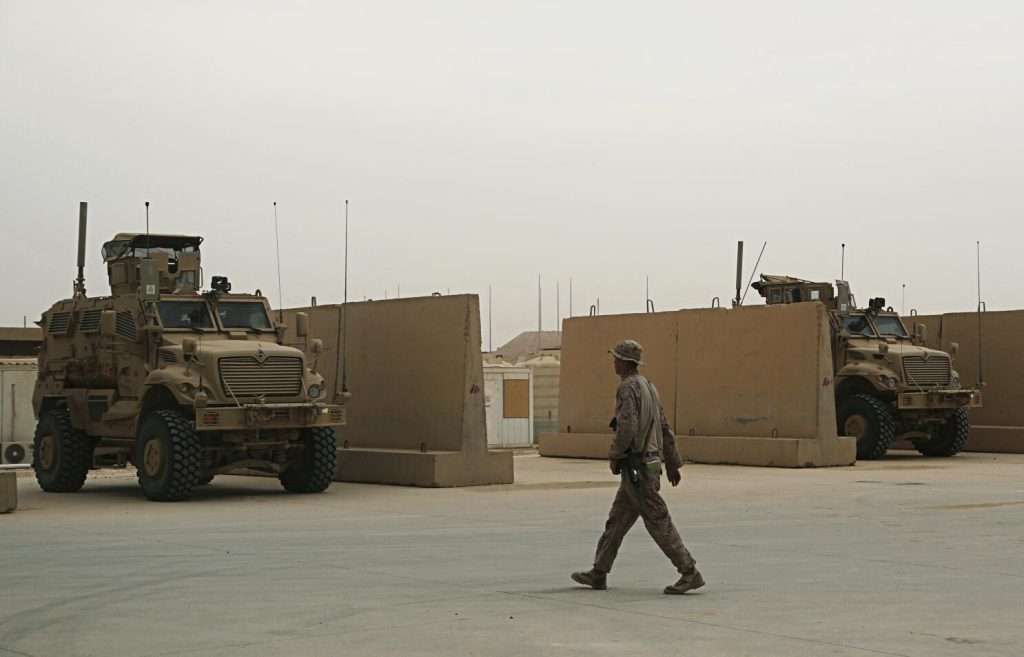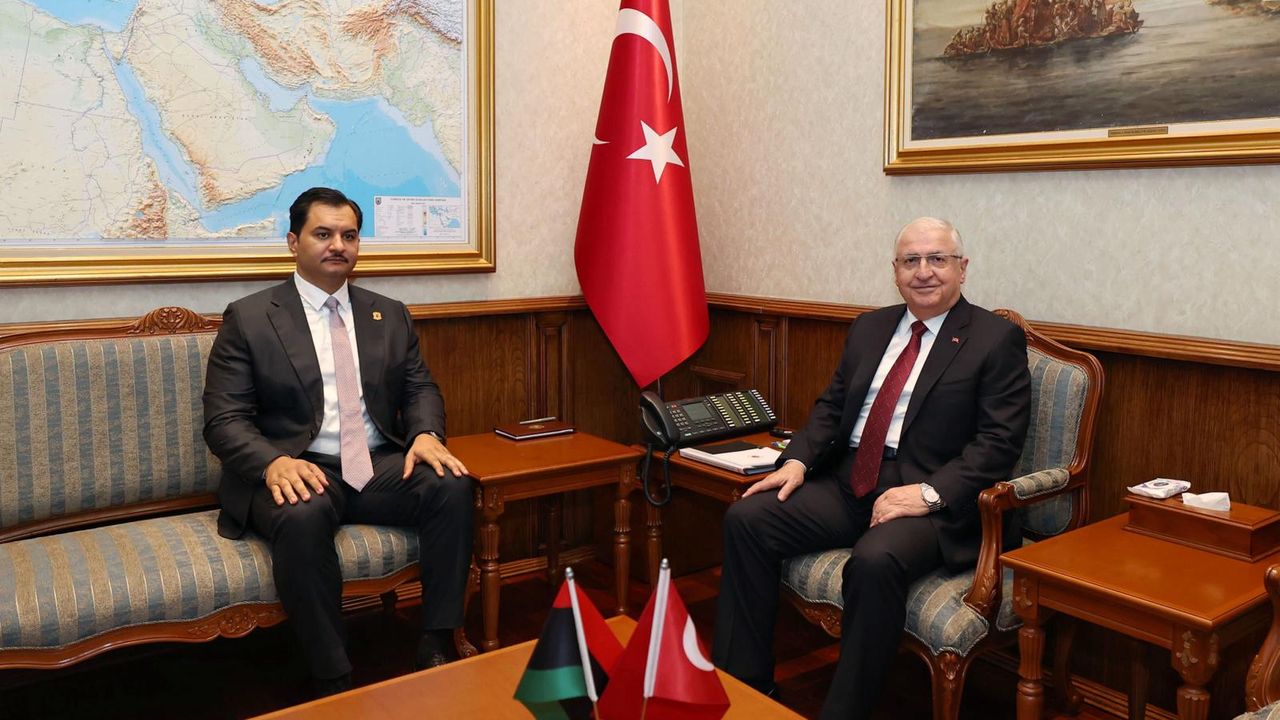US bases in Iraq ramped up security in the heat of Iran conflict

Fearing retaliation from Iran-aligned militias, Iraq’s security forces boosted security at U.S. military bases and diplomatic posts as reported by The New Arab on June 23rd.
A U.S. official stated that the “Iraqis are doing everything they can to protect our bases and diplomatic facilities,” The Wall Street Journal reported on June 22nd.
Two senior Defence Ministry officials said special units, including military intelligence and armed forces, were operating around Ain Al-Asad airbase in al-Anbar, west Anbar. Hosting US troops, the base, is under strict security, with surveillance drones overseeing the perimeter and civilian access, which is restricted.
Similar restrictions were put in place at Camp Victory near Baghdad International Airport, and Kurdish Peshmerga units brought back monitoring around Erbil’s Harir airbase.
U.S. forces in Iraq were repeatedly targeted by pro-Iran militias following the Israeli occupation of the Gaza strip in October 2023, according to The New Arab and agencies on June 14th.
But following the recent U.S. strikes in Iran, which entered President Trump’s government into the Israel-Iran conflict, many Middle Eastern countries feared the escalation of Iran’s response.
There have been fears that Iran would close the Strait of Hormuz, a narrow waterway through which 20% of the world’s oil and gas passes, which is vital to regional and global energy markets.
Its closure would have extreme financial consequences for Iraq, which is dependent on the strait as its sole export route for crude oil. A full closure would have disastrous consequences for Iraq, potentially sending the country into a financial crisis and prompting large-scale demonstrations.
The Iraqi government condemned the U.S strikes in Iran, with spokesperson Bassem al-Awadi stating that the attacks present, “a serious threat to security and peace in the Middle East and expose regional stability to severe risks”.
Many Middle Eastern leaders fear an expanded role for Israel in the region, “given the tremendous military and diplomatic support it receives from the United States”, said Dina Esfandiary, the lead Middle East analyst at Bloomberg Economics, a research group, The New York Times reported on June 21st.
The conflict has left other countries questioning, she said, “Where is Israel going to go next?”
The New Arab and agencies, The Wall Street Journal, The New York Times
Want to chase the pulse of North Africa?
Subscribe to receive our FREE weekly PDF magazine













